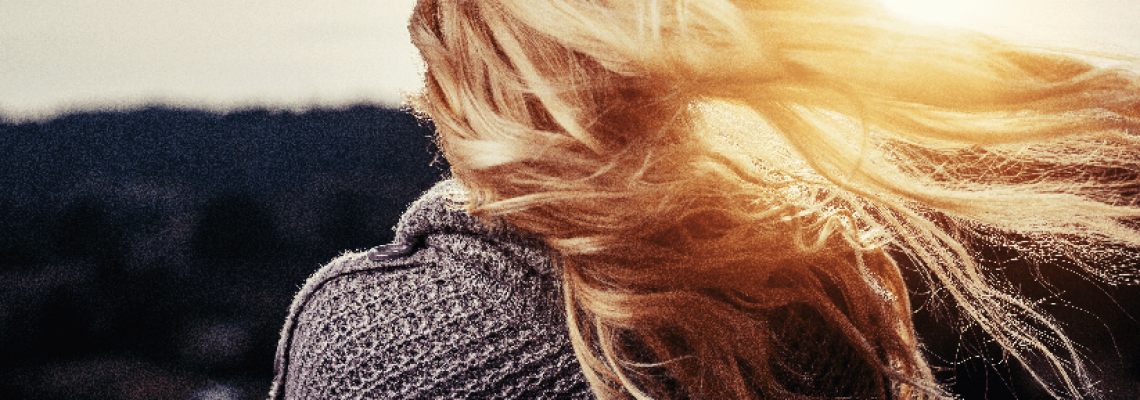85% of the water in the U.S. Is considered hard water on some level. Hard water is determined by the purity of water. Water with more mineral content and impurities is harder. It’s opposite is water like from rain which has no impurities or minerals until it falls and seeps into the ground where it picks up it’s elements from it’s surrounding, mostly soft rock. Rain water that falls down a mountain, against large non-porous rocks and not through them like with soft rocks, remains pure and what is considered soft.
This has to do with hair because when washing hair in hard water, no matter the kind of shampoo and conditioner you are in use of, you will notice an undesirable residue or texture to it when finished. This is not only from the contents of your water, but also how the contents react to what’s in your shampoo and conditioner.
The History
Nowadays we there are lots of additives to our water sources, such as chlorine. At one time, there were no additives and water was effected very little by people unlike now. On home steads where rain water was collected and used in makeshift showers, hard water and hair residue was not a thing. It wasn’t until humans began tampering with and creating our glorious plumbing that the soap, the only thing we were using on our hair and body, was reacting to the water we were pumping into homes. To combat the hard water issue, they invented shampoo to clean the residue left on the hair. Shampoo was harsh and still is, so then was born the need for conditioner as well. Conditioner was invented to heal the damage done to the hair at each washing.
The First Thing You Can Do
If you’ve suffered from a change in water due to moving, traveling or changing to a shampoo/conditioning system reacting poorly with the water, the first thing you can do is request the quality test results for your area from the city or view a hard water map online of your area. You can also check your own water using a meter that measures TDS or Total Deposited Solids and measures the hardness or softness of the water by how positive or negatively charged the water is. Too many positive ions are bad and negative ions are good. You’ve probably heard these terms used when discussing air quality as well. If your water is not too hard, you might get by with using natural shampoo and a little conditioner at each washing, but if your water is pretty hard than you might have to look into further solutions.
Water Filtration
A filtration shower head can pass your water through a replaceable carbon or charcoal filter that removes as many impurities as it can. You may have success with this or loose the water pressure you once had. It’s worth a try and inexpensive!
Rinse Water
If you don’t mind the inconvenience you might decide to just rinse your hair after conditioning with a different kind of water. This way you will remove the residue in the rinse. Rain water or distilled water are good purchasable options, or you can create your own low acid rinse using vinegar or lemon juice.
Enhancing Your Water Softener
A water softener is a device in the home that removes impurities from the water before it hits your pipes and then your hair. If you’ve done the testing you will know if it is working properly or needs to be adjusted, repaired or replaced. Having done an initial test, you have results of which to compare your water testing in the future.



